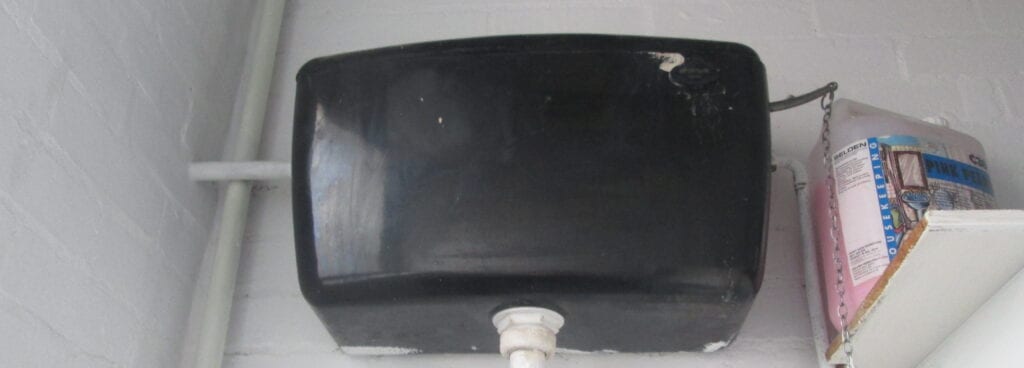
About Asbestos Reinforced Composites
Reinforced composite is a general name for items that comprise of a high-strength building material. These products are extremely common in both commercial premises and in the home.
Asbestos reinforced composites are found in a variety of forms including:-
Floor tiles and bitumen adhesive
Resin toilet cisterns
Resin window sills and bath panels
Sink/drainer pads
Damp Proof Course (DPC)
Stair nosing
Parquet flooring adhesive
The use of asbestos in reinforced products was eventually phased out prior to 1999, any of these materials installed prior to this should be assumed to contain asbestos until proven otherwise.
Asbestos In Composite Materials
Floor tiles will generally contain up to 25% of chrysotile asbestos. Bitumen materials will contain approximately 8% chrysotile asbestos while reinforced plastic and resin composites usually contain 1-10% chrysotile asbestos.
Like many asbestos containing materials asbestos composite materials can be left in situ and is not considered to pose a threat to health if in good condition and left undisturbed.
Composite materials are considered to be a non-licensed product by the HSE. You do not need to employ a licensed contractor to carry out any removal, encapsulation or repair works on these materials and these works do not require a 14 day notification from the Health & Safety Executive.
Air monitoring is not required for non-licensed works however it is advisable once the works have been completed.

If you have any of these materials in your residential or commercial property and are worried they might contain asbestos our sampling kits are a perfect way to safely sample and test any reinforced products.